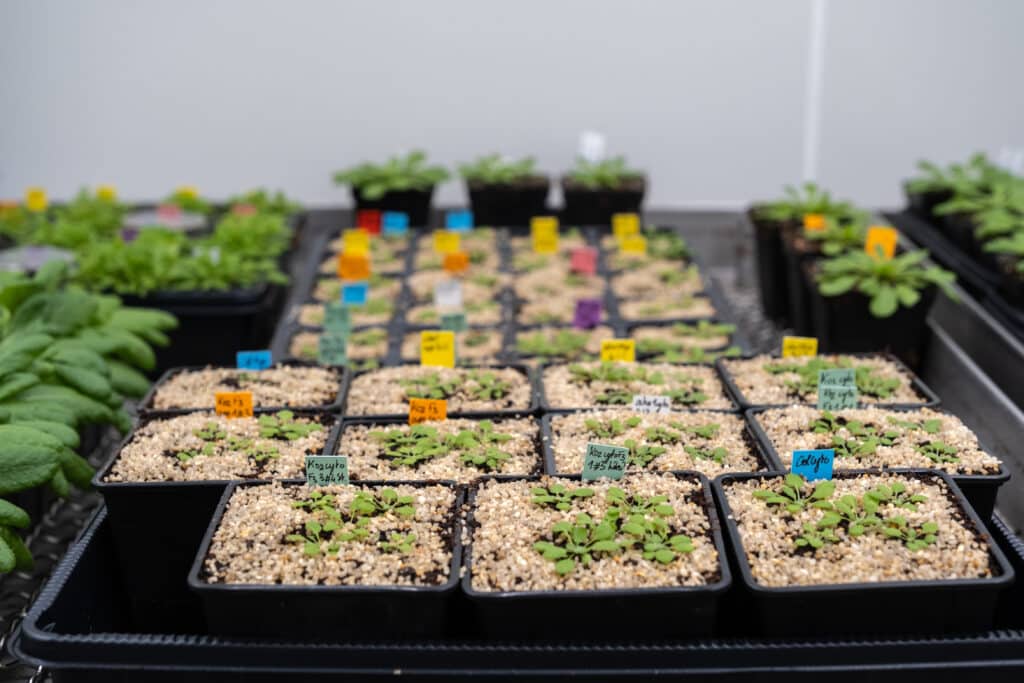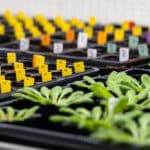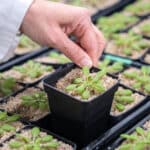You are here : Home City of energies > HOME BIAM > Search > PEPSS
PEPSS
Plant Environmental Physiology and Stress Signaling
How can we meet the future challenges of agriculture to face predicted climate change?

Researchers at the PEPSS team are interested in studying the signal transduction mechanisms involved in the resistance of plants to abiotic environmental stresses, specifically droughts and soil pollutants, such as radionuclides. These abiotic constraints are indeed significant negative factors that limit plant growth and biomass production worldwide. Furthermore, these environmental stresses are important in light of the impact of climate change as well as the growing population that requires a greater amount of arable land in order to meet food and energy needs.







Team manager: Nathalie PRAT
Key words
Arabidopsis thaliana; Cell biology; Genetics; Metals; Stomata; Root Architecture racinaire; Transporters; Signal transduction; Phosphate; Plant Physiology; QTL; Growth; Root, Water stress